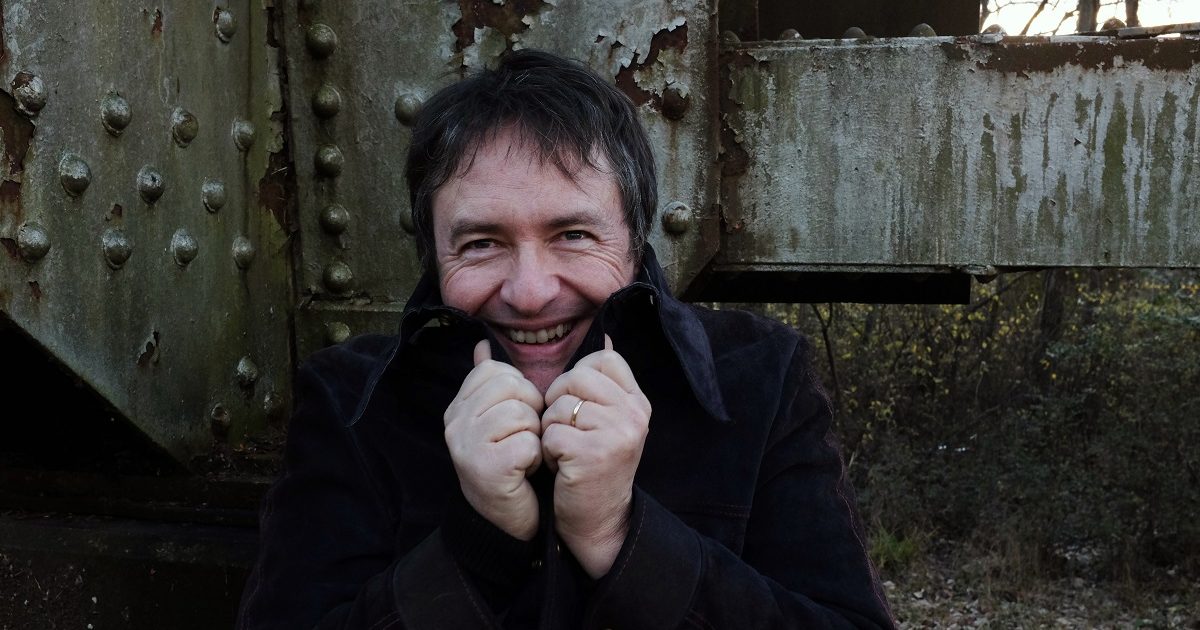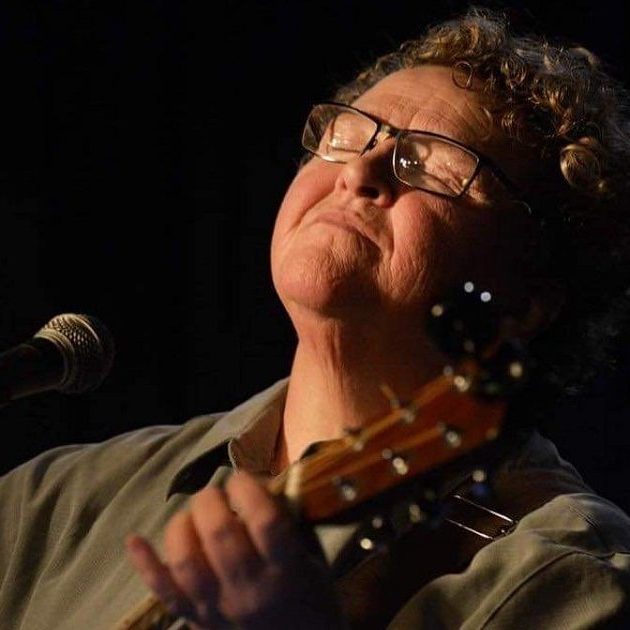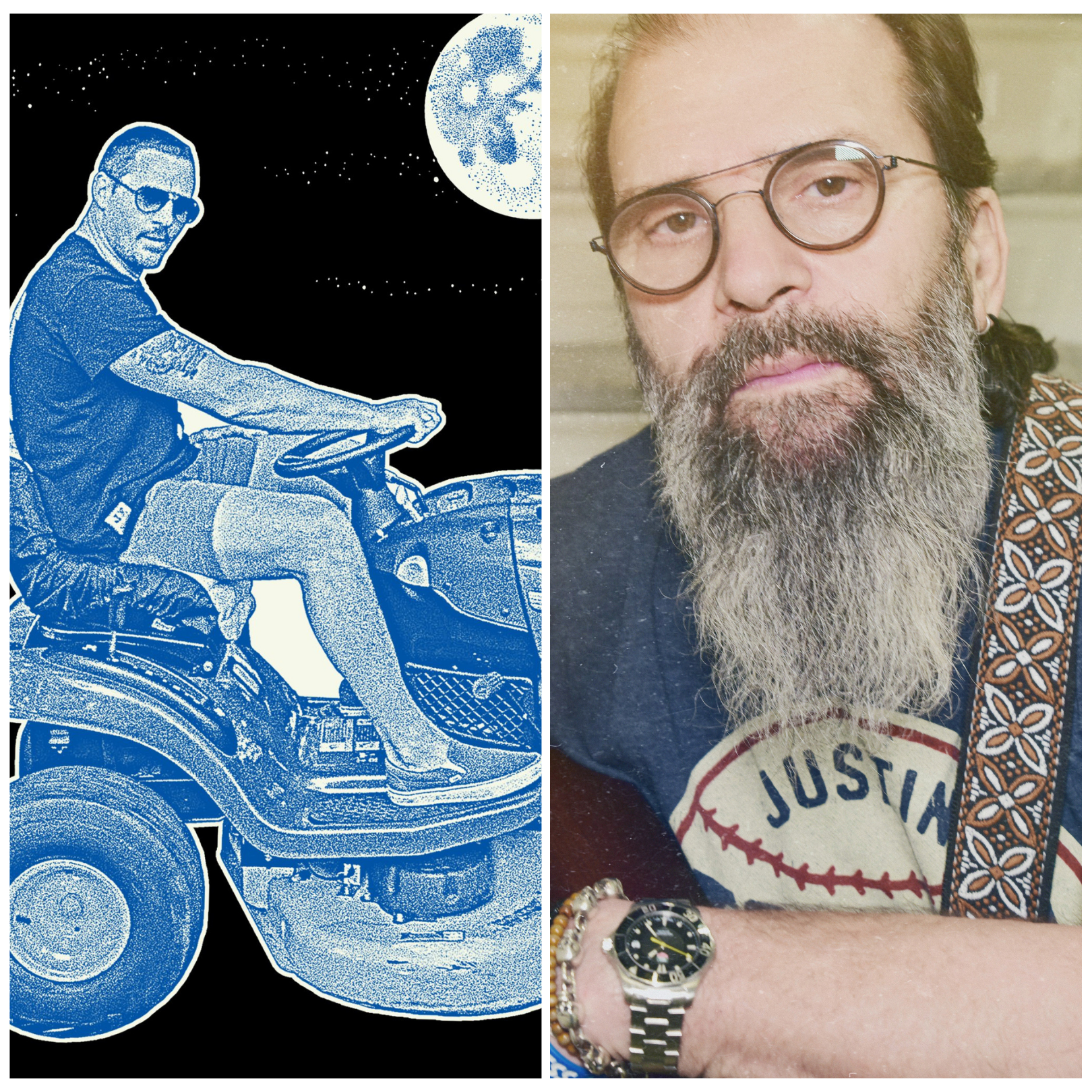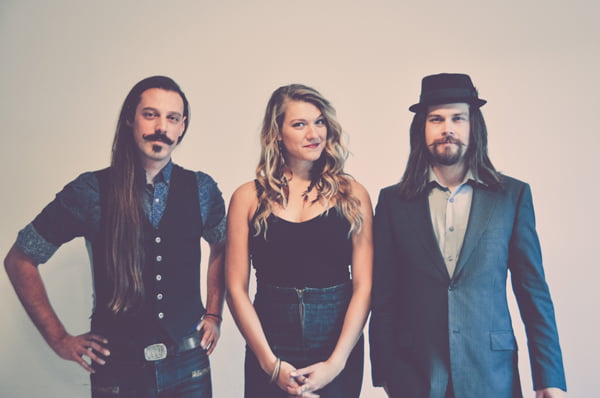Artist: Paul Burch
Hometown: Currently Nashville, Tennessee. I was born in Washington, D.C.
Latest album: Light Sensitive
Personal nicknames (or rejected band names): The members of Lambchop call me WP
Which artist has influenced you the most … and how?
Bob Dylan and Hank Williams were the twin Apollos of songwriting in my youth. And I loved the fearlessness of Roger Miller. Elvis Presley — when inspired — gave his audience his soul. But the four writers who most echo my temperament and drove me to compose are Chuck Berry, Smokey Robinson, John Prine, and Sam Cooke.
Smokey has a gift for literacy. “I Second That Emotion.” John, like Hank Williams, had the gift for sincerity. The taller the tale, the greater the parable. John was seldom at the center of his songs so much as caught up in the center. He could be both in the story and above it. Sam was easy on the ears. “Cupid.” “Having a Party.” “A Change Is Gonna Come.” A Sam Cooke title was exactly what the song was about. By all accounts he was a man of sharp intelligence, a true believer in decency, a hater of bullshit, and a fan of all kinds of music. Chuck could make the past contemporary and the here-and-now heroic. “Johnny B. Goode” is like a film coming into focus — so much detail delivered in less than 20 seconds. “Deep down in Louisiana close to New Orleans / way back up in the woods among the evergreens / there stood a log cabin made of earth and wood / where lived a country boy named Johnny B. Goode.”
All of these writers feel like my relatives. Something bubbles inside me when I hear them. All four had a touch of melancholy which they employed to remind you to keep having that party. Chuck is the poet of rock ‘n’ roll. Smokey is the poet of time and place. John was Jimmie Rodgers crossed with Mark Twain and inspired Sam Phillips to come out of retirement. And Sam — well — Sam was Mr. Soul.
What’s your favorite memory from being on stage?
I was playing on my own in a bar in Baton Rouge, Louisiana, one Saturday night. It was about 90 degrees at midnight. All I had was a microphone and an electric guitar and a little 15-watt amp. To try to keep the show dynamic, I kept a tick-tack rhythm on the bass strings when I sang and then added loud accents in between the verses. There were about 10 couples or so dancing in front of me and I could hear the scrape of their shoes on the dance floor.
I thought to myself: “This must have been what Charley Patton heard when he played a dance — the sound of the dancer’s shoes on the floor.” It was so wonderful to think I was doing well enough with what little I had that I could keep them dancing. It made me appreciate that audiences are willing to meet you more than halfway. The intensity of what you’re doing is more important than volume.
What other art forms — literature, film, dance, painting, etc — inform your music?
I get dreamy over paintings and great photography. I love the photography that Sheila Sachs and Catie Baumer Schwalb took for Light Sensitive.
Film noir is great for a sense of place and for the dialogue. So much had to be conveyed by gesture or innuendo. It was years before I realized that when Ilsa goes to see Rick in Casablanca for the letters of transit, the spotlight tells you they made love one last time. Every time I see it, the ending feels different. I used to think he gave her away. But then you remember Rick said he doesn’t deal in buying and selling people — and that extended to love, too. Now I see that Ilsa was always going to be trouble. She was right for Paris, just nowhere else. And life can never just be about Paris. Even if you live in Paris.
Also, in a film — like in songs — everybody has a job. The cab driver is important when you need that cab. Lately, I’ve been paying close attention to plays and musicals, listening for the rhythm and syncopation in dialogue. Frank Loesser’s songs for Guys and Dolls are spectacular. “I got horse right here / his name is Paul Revere…can do!” Louis Jordan’s songs sounds like musicals to my ear. I’m always on the hunt for an idea. I’m a flint and life is a white-tipped match.
What rituals do you have, either in the studio or before a show?
If I’m recording, I love walking into a studio with a fresh reel of tape under my arm, knowing that when I walk out the door, we will have created something that didn’t exist on Earth a few hours before. When I perform, I take time to walk all around the venue to get an idea of what the show will feel like from every vantage point. I like to talk to the sound engineer — usually someone I’ve never met — to get an idea what their job is like, if it’s a hard venue to deal with.
I ask them if they think the sound in the venue will respond to the kind of show I want to do. I try to make them feel like it’s our performance, not mine. Before the show, I think about my favorite people and my favorite performers. I’ll often write old friends just before a show — “How ya doin?” — just to demystify the whole thing. Other than having a new song in your pocket, there are few better feelings than walking on a stage at the beginning of a show.
Since food and music go so well together, what is your dream pairing of a meal and a musician?
I often imagine a perfect day of music would be some kind of outdoor event with a pile of fried catfish, margaritas, and then a show at twilight with a great lineup of the WPA Ballclub. In reality, outdoor shows are usually a drag. Bugs, bad sound, the drummer falls into the generator. I do think loud guitars and BBQ go together pretty well.
I used to stare at a photo of Little Richard playing at Wrigley Field with his band in the ’50s and thought it was the perfect gig. It must have been hot because the band were all wearing plaid shorts. Now that I’m older, I realize they were probably miserable — with an out-of-tune piano, distorted amps, and a lousy PA. But you know that first beer and smoke after the show must have been delicious.
As for a particular musician and food pairing, I hear that in the 1930s, all the jazz joints served Chinese food. If I could have seen Charlie Christian play guitar or heard Billie Holiday sing in a little joint with Teddy Wilson on piano over a hot plate of home-cooked crispy duck, I would have been very happy.
Photo credit: Emily Beaver






